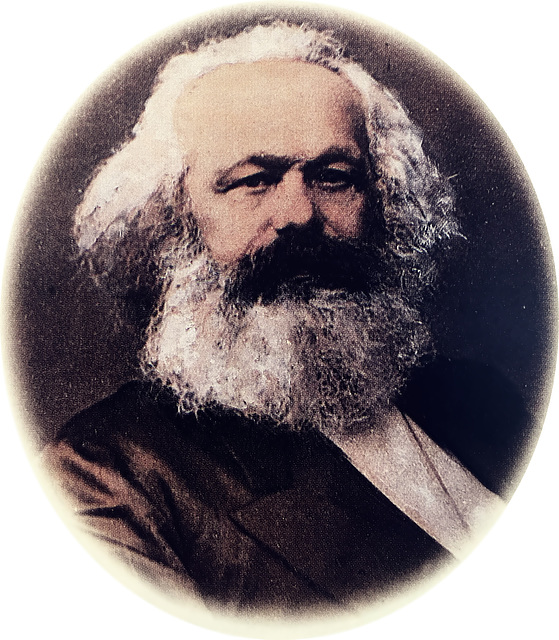SHACKLED BY VALUE SYSTESM
FRIEDRICH NIETZSCHE
Yo, Ho, Neighbour....!
BERTRAND RUSSELL
Checking the Facts
LIVING TO THE FULL
Auto
Church
Prayer
JACQUES LACAN
KARL POPPER
Einstein
RUSSIAN DISSIDENTS
NATURE'S LEADERS
VOTES FOR WOMEN
TO DO IS TO KNOW
THE POWER OF BELIEF
VERIFIABLE STATEMENTS
SILENT THOUGHTS AND FEELINGS
A UNIQUE LOCATION IN SPACE AND TIME
Voltaire
THE ORIGIN OF SPECIES
William James
The Means of subsistence
POLARIZATION OF THE CLASSES
KARL MARX
Revolution in Europe
No news is good news
Hegel
Man's Oneness with Nature
Branch
Darwin
Darwin's study
Charles Darwin
Alfred Wallace, aged 46, in 1869
Beagle
Beagle
Charles Darwin
What is a Primitive World
Down House
Darwin's old study at Down
Mirror Test
See also...
Keywords
Authorizations, license
-
Visible by: Everyone -
All rights reserved
-
11 visits
The POWER of IDEAS


THE TRUE FUNCTION OF ART IS SOCIAL CRITICISM
Erhard Bernstein has particularly liked this photo
- Keyboard shortcuts:
Jump to top
RSS feed- Latest comments - Subscribe to the comment feeds of this photo
- ipernity © 2007-2024
- Help & Contact
|
Club news
|
About ipernity
|
History |
ipernity Club & Prices |
Guide of good conduct
Donate | Group guidelines | Privacy policy | Terms of use | Statutes | In memoria -
Facebook
Twitter

This included all the countries of Eastern Europe, the whole of Russia, and the former Tsarist land empire, and the whole of China. Nothing like this had ever occurred before, nor (dare one say it?) is likely to happen again. Even the spread of early Christianity or Islam could not match it, nor could the spread of Buddhism during its expansionist phase. It is an utterly amazing phenomenon, more so in view of the fact that on the practical level the record of Marxism was one of persistent failure: the ideas conquered, yet the societies to which they gave rise either collapsed or detached themselves from Marxist policies.
Many leading figures on the a stage of recent history have been guided by Marxism. In Russia there was Lenin, followed by Trotsky and Stalin. In Yo=ugoslavia there was Titop and there was Mao Zedong in China, Ho Chi-minh in Viet Nam, Fidel Castro in Cuba these were people who changed the world.
During its period of ideological triumph Marxism had a global influence on the arts as well as politics. World-famous figures in the arts such as the playwrights Jean Paul Sartre (who was also a leading novelist and philosopher) and Bertolt Brecht (who was also a major poet) -- or among poets, Pablo Neruda, or among painters Pablo Picasso -- regarded themselves as Marxists or Communists; and some of their work is almost bound to survive.
More generally, there is a specifically Marxist view of the role of art in society that remains widely held and is powerfully operative in the world of today. It is that the true function of art is social criticism. According to this view, art should get people to understand in a deeper way than they do what is wrong with the society they live in, and with their own relationship to that society, and therefore with their own lives; and it should make them want to change society. This Marxists view art as a revolutionary instrument. Bad art is art which upholds the values of existing society, and tries to lull or deceive people into accepting those values. This view of the role of art, which was not at all widely held before Marx, comes close to being the prevailing orthodoxy in today’s world. It may be the last bastion of Marxism to fall. ` Page 171
Sign-in to write a comment.